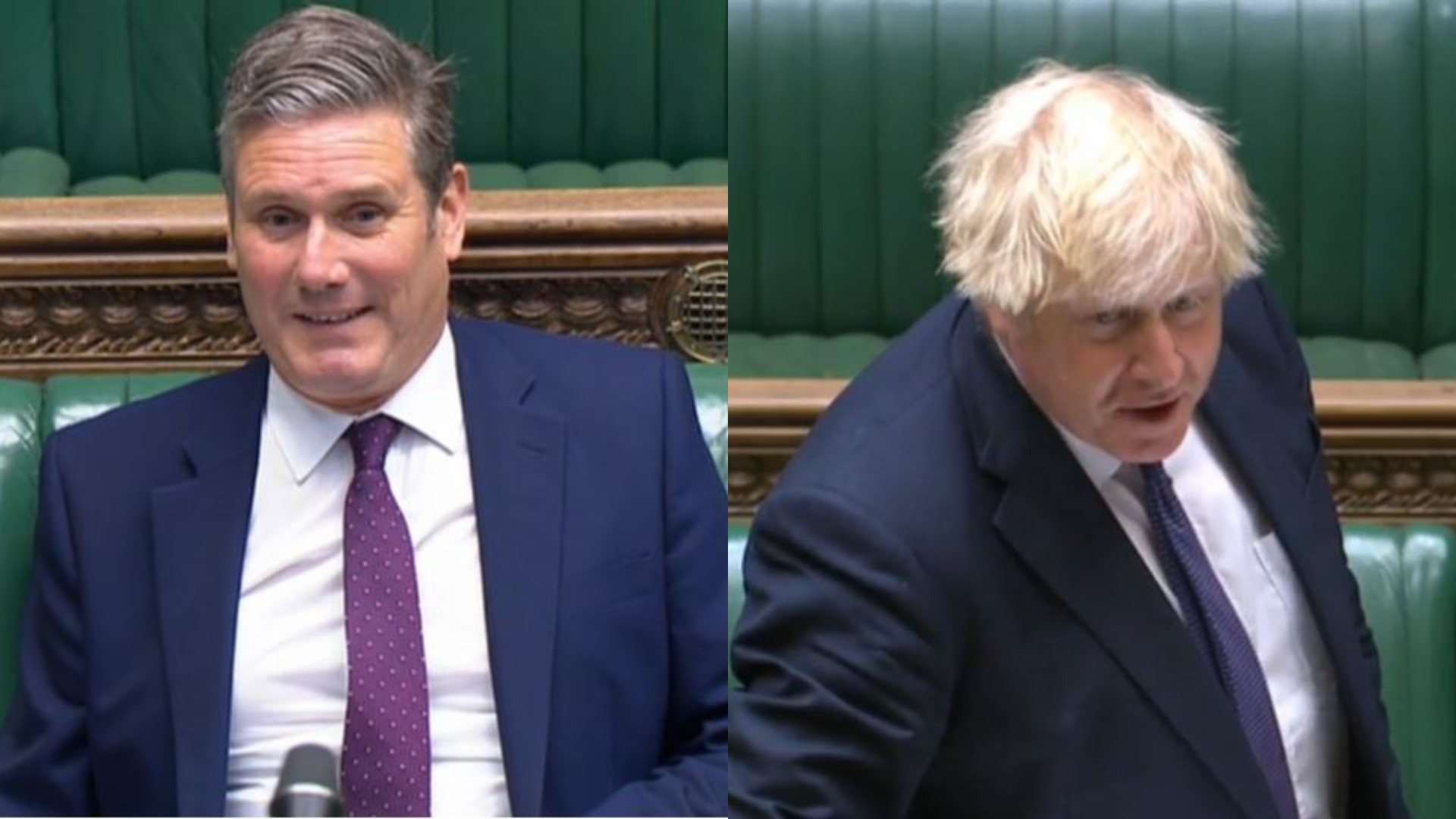Last Friday’s declaration that Batley and Spen narrowly remained in the Labour fold has taken the heat off Keir Starmer.
Just as the loss of Darlington in a by-election in 1983 might have toppled Michael Foot, the loss of the Yorkshire seat last week would have delivered the most acute crisis of Sir Keir’s short leadership.
The arrows of outrageous misfortune seem to be wounding the Labour leader. I say ‘misfortune’ for it all started so well and has turned sour, partly by events outwith his control and partly because he seems slow to offer a radically different alternative to Boris Johnson’s government.
The measured lawyer is rarely given to rhetorical flights of fancy, but he was most certainly a salesman for hyperbole when he declared that Labour was back.
Having lost Hartlepool in May on a swing of 16% against them, Labour saw their vote fall by 7% last week. It was hardly a ringing endorsement and yet the significance of the result is that it halted the narrative that yet more Labour seats in the north of England are vulnerable to the Tories.
It all started so well
The irony is that it all started well for Starmer.
His composed, matter-of-fact and forensic style frequently unnerved the Prime Minister in the House of Commons.
At a time of national crisis he looked more self-assured and across the details of the issues than the showman PM.
 Parliament TV
Parliament TVSo, what went wrong?
The pandemic has shown up the Prime Minister’s weaknesses and yet at a time of crisis there is a natural tendency of voters to rally to the sitting government in a spirit of national unity. The SNP in Scotland and Labour in Wales have probably benefitted electorally from this mood.
This has been buttressed by the rollout of the vaccination programme which has allowed electors to look to life beyond Covid.
There is also the hangover issue for Labour of Brexit. Or more accurately the issues that helped shape the views of many of the party’s traditional base towards membership of the EU.
I suspect their embrace of Leave was a way of lashing out at the established order that had left their communities behind and a feeling that the hitherto latent issue of national identity and the patent concerns over immigration were going unaddressed.
For Labour, the disconnect between the Westminster leadership and the people they genuinely wish to represent seems almost cultural. The party in parliament on occasions can look like a club whose membership is guaranteed with a silky smooth articulation of an inclusive liberal politics so readily found in the lifestyle of the comfortably off in the metropolis.
This is nothing new. The working-class George Brown frequently railed against the Hampstead set that influenced Hugh Gaitskell. The New Labour era likewise was seen as a powerhouse for ideologically suspect ideas from people who spent too much time with books and not enough time with the fabled ‘real’ people.
 STV News
STV NewsThese arguments are frequently put, but I don’t buy them in the current context. A cursory examination of Starmer’s background and family influences must surely shoot down the argument that he doesn’t ‘get’ the traditional base.
The more pertinent question is how he will win them back?
Window of opportunity
It’s stating the obvious that he shouldn’t panic nor have monthly relaunches, reshuffles and reappointments. The curse of modern leadership is to wobble to the hectoring narrative of the 24-hour news cycle and to have your instincts recast by the attrition of your internal critics.
Labour will get some medium-term benefit when Covid ceases to dominate and Brexit fades and when the real economic consequences are known and the government then has to handle the crisis in living standards.
There is yet a window of opportunity for Labour.
Policy problems
Where Starmer has been slow to react is in developing policy. There is an argument that trying to sell a vision in a pandemic is a bit like trying to pick up mercury with a fork.
For all that, the public have to see evidence that the leader of the opposition is a serious man who has what it takes to deal with some pretty big issues.
The internal war between pro-European social democrats and anti-market clause four socialists will continue if only because it is the given, the constant in the history of this perpetually warring family. In a sense it doesn’t matter. It is for the politics of the debating society and for an audience devoid of actual voters.
Starmer should ignore the historic tensions and instead focus on his party’s historic mission: to address need. Income inequality, the scandal of the lack of social housing, inter-generational unfairness in the division of national resources, the need to redefine a social floor below which no citizen should fall.
There is no shortage of issues to get stuck into. It would also help Starmer if just occasionally he indulged in some good old-fashioned class politics when the need for it stares him in the face.
Between 1951 and 1964, Labour lost three general elections. Between 1979 and 1997 they lost four and between 2010 and now they have also lost four.
Add boundary changes that will be unkind and the nightmare electoral calculus endowed by Jeremy Corbyn and it all looks like an attempt at the impossible.

In politics nothing lasts forever and events in modern politics can lead to a cascade in shifting loyalties. For all Starmer’s job looks impossible, there is still an anti-Conservative majority in England. The Tories are just the largest minority.
In the long term, it might take voting reform or a realignment on the left to recast politics but for now, for better or worse, Labour and Starmer are the only show in town for those who wish to see the back of the current UK Government.
Follow STV News on WhatsApp
Scan the QR code on your mobile device for all the latest news from around the country




























